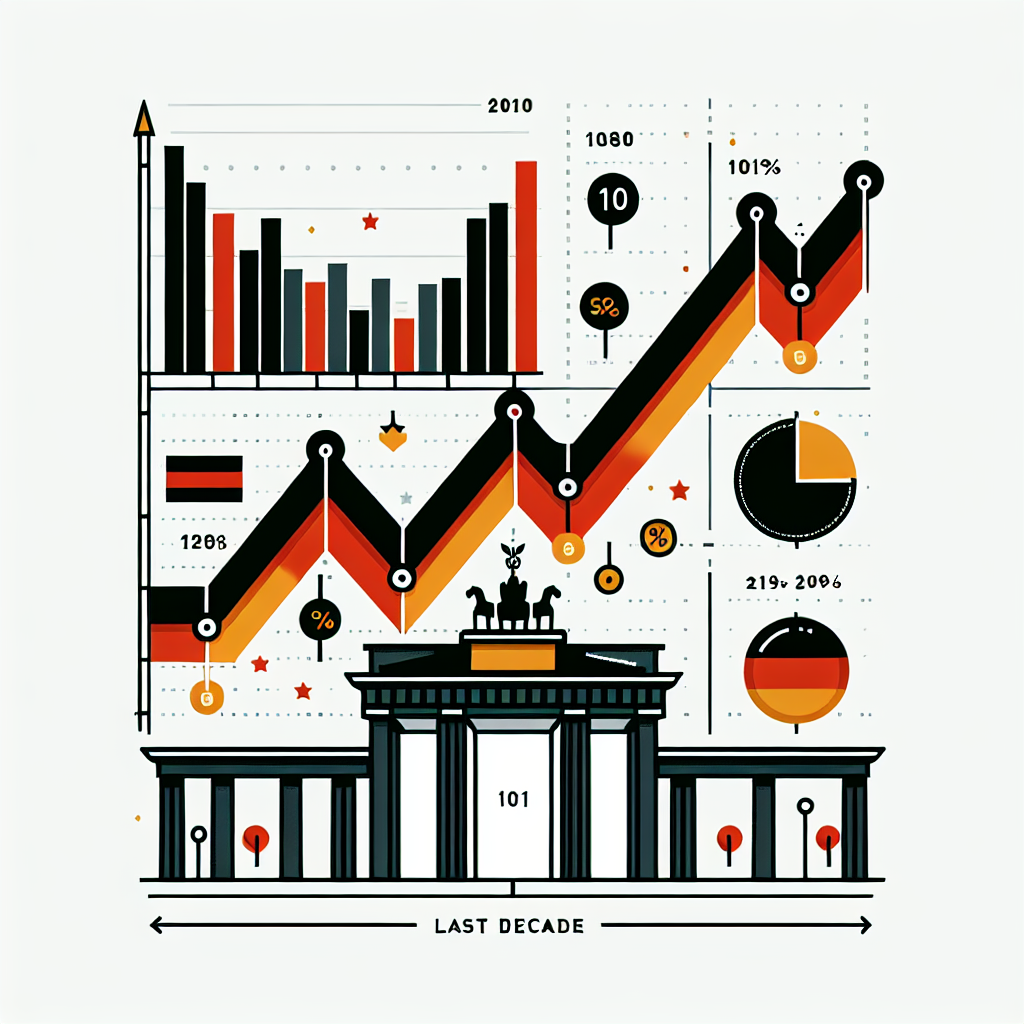German Bund Yields Steady Amid U.S. Tariff Concerns
German Bund yields hovered near their lowest levels amid concerns about U.S. tariffs. President Trump announced potential tariffs on steel and aluminum, raising deflationary risks in the euro area. The political climate in Germany, ahead of the elections, adds further uncertainty to economic forecasting.

German Bund yields remained steady on Monday, hovering near their lowest point in over a month as investors exercised caution following U.S. President Donald Trump's announcement about upcoming reciprocal tariffs.
President Trump's declaration to impose a 25% tariff on steel and aluminum imports has heightened market concerns about potential deflationary effects in the euro area. Germany's 10-year bond yield, a euro zone benchmark, was stable at 2.38% after hitting a low point of 2.345% last Wednesday.
The European Commission stated that it would protect EU interests in response to the tariffs but awaits further clarification. Meanwhile, German political developments ahead of February 23 elections could reshape fiscal policy, influencing economic growth forecasts within the euro area.
(With inputs from agencies.)










